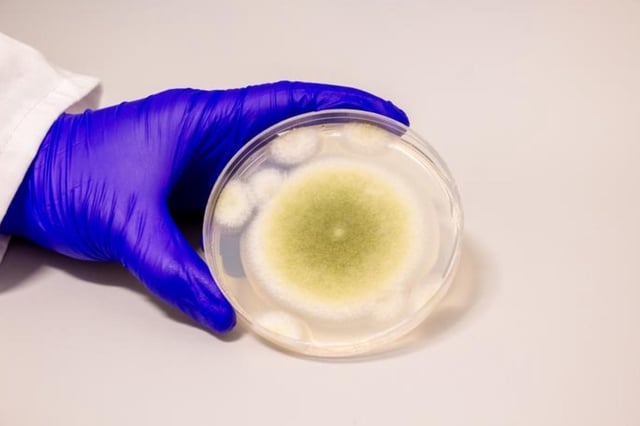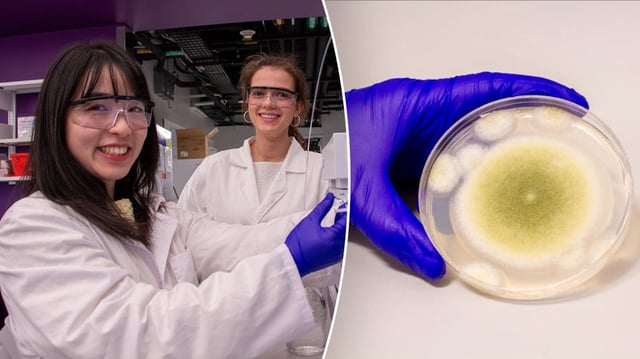Overview
- Scientists isolated four novel interlocking-ring peptides called asperigimycins from Aspergillus flavus, expanding the limited library of fungal RiPPs.
- When combined with a lipid, one asperigimycin variant showed in vitro efficacy comparable to the FDA-approved drugs cytarabine and daunorubicin.
- The compounds selectively halted leukemia cell division by disrupting microtubule formation while showing minimal impact on other cancer cell types and microbes.
- Researchers identified the SLC46A3 gene as a cellular gateway that facilitates asperigimycin uptake and could inform design of future cyclic peptide therapies.
- The team is now preparing animal model studies to evaluate safety and efficacy as a step toward eventual human clinical trials.

